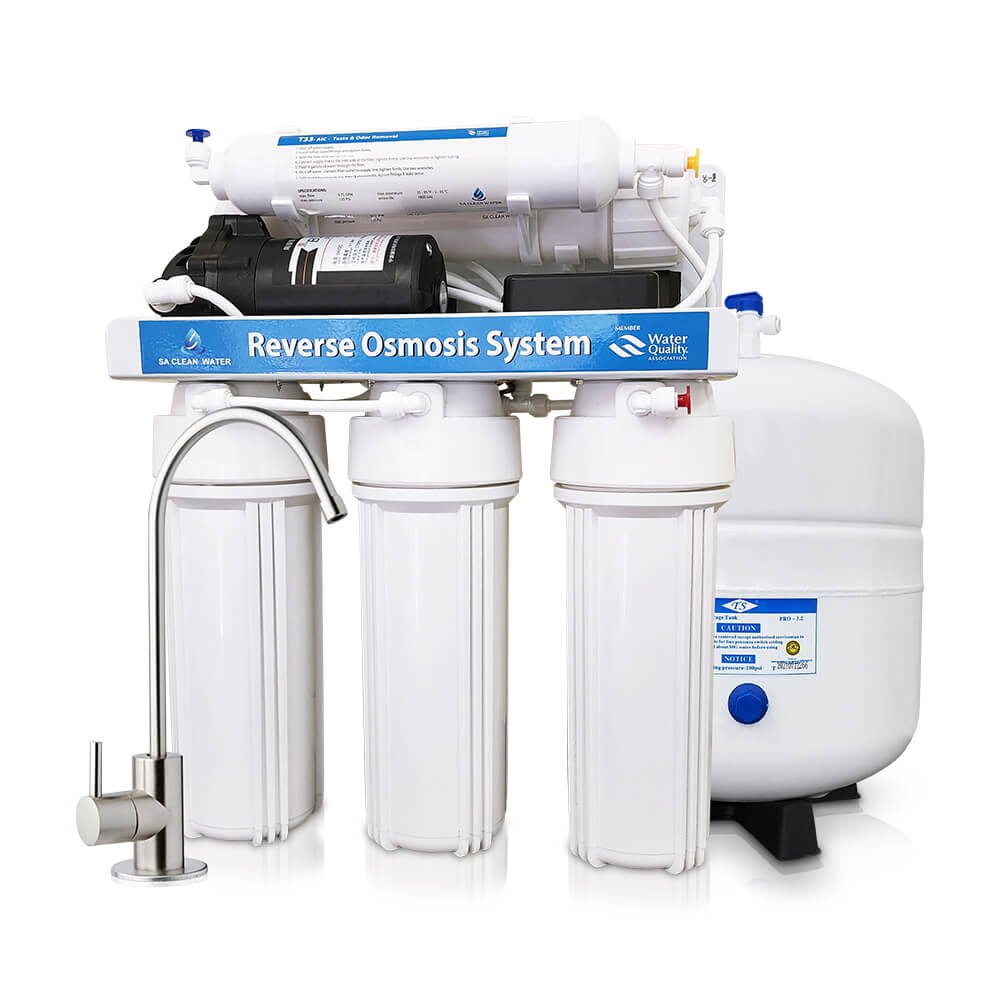
Emergency situations can strike at any time, from natural disasters to infrastructure failures. Having a supply of clean drinking water is essential for survival during these times. In this guide, we will cover the basics of storing backup water safely so that you are prepared for any emergency that may come your way.
Importance of Storing Backup Water
Water is crucial for our survival, and in emergency situations, access to clean drinking water may be compromised. Storing backup water ensures that you and your family have an adequate supply to sustain yourselves until help arrives. Here are some key reasons why storing backup water is essential:
- Access to clean drinking water during emergencies
- Preparedness for natural disasters, power outages, or water supply contamination
- Peace of mind knowing you have a vital resource readily available
Choosing the Right Containers
When storing backup water, it is crucial to use containers that are safe for long-term water storage. Not all containers are suitable for storing water, as some may leach harmful chemicals or break down over time. Here are some guidelines for choosing the right containers for storing backup water:
Types of Containers:
- Food-grade plastic containers specifically designed for water storage
- Glass containers that are sturdy and do not leach chemicals
- Stainless steel containers that are durable and non-reactive
Avoid:
- Containers that previously held chemicals or non-food substances
- Plastic containers that are not labeled as food-grade
- Containers that are prone to cracking or breaking under pressure
Preparing and Storing Water Safely
Properly preparing and storing water is crucial to ensure its safety and potability during an emergency. Here are some steps to follow when storing backup water:
Cleaning and Disinfecting Containers:
- Wash containers with soap and hot water
- Rinse thoroughly to remove any residue
- Disinfect containers with a diluted bleach solution
Filling and Sealing Containers:
- Fill containers with clean, potable water from a reliable source
- Leave some airspace at the top to allow for expansion during freezing
- Seal containers tightly to prevent contamination
Storing Containers:
- Store water in a cool, dark place away from direct sunlight
- Avoid storing water near chemicals, fuel, or other hazardous materials
- Rotate water supply every 6 months to ensure freshness
Calculating Water Needs
When preparing for emergencies, it is essential to calculate how much water you will need for drinking, cooking, and sanitation. A general guideline is to store at least one gallon of water per person per day for a minimum of three days. However, individual water needs may vary based on age, activity level, and climate. Here are some factors to consider when calculating water needs:
- Number of people in your household
- Special needs such as infants or elderly individuals
- Pets that may also need water supply
- Duration of the emergency and availability of alternative water sources
Monitoring and Replenishing Water Supply
Regularly monitoring and replenishing your water supply is essential to ensure that it remains safe and potable for consumption. Here are some tips for maintaining your backup water storage:
Regular Inspection:
- Inspect containers for any signs of leakage or damage
- Check water clarity and smell for any signs of contamination
Replenishing Supply:
- Top up water levels if evaporation occurs over time
- Replace stored water every 6 months to maintain freshness
By following these guidelines for storing backup water safely, you can ensure that you and your loved ones are well-prepared for any emergency that may come your way. Remember that water is a vital resource, and having a reliable supply can make a significant difference in your survival during challenging times.